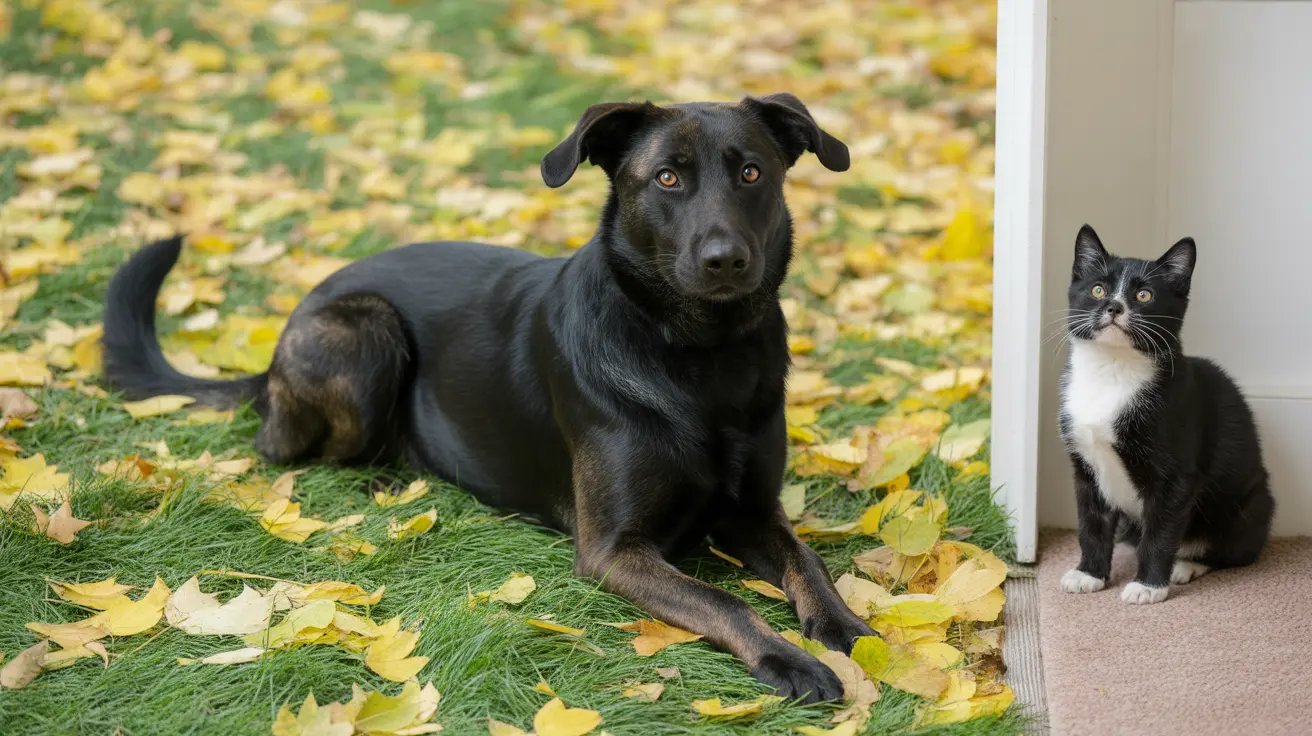The Most Dangerous Food for Dogs: What You Must Never Feed
Pet owners naturally want the best for their beloved dogs, especially when it comes to nutrition and treats. While some human foods can be healthy for dogs in moderation, others can be incredibly harmful—even fatal. Among these, one stands out as a notorious offender: onions. Whether raw, cooked, powdered, or in any processed form, onions pose a significant threat to canine health.
Why Onions Are Dangerous to Dogs
Onions contain compounds known as thiosulfates, which dogs cannot properly digest. These substances can destroy a dog's red blood cells, leading to a serious condition called hemolytic anemia. This condition reduces the oxygen-carrying capacity of the blood, resulting in symptoms that can escalate very quickly if not treated.
Symptoms of Onion Toxicity in Dogs
- Vomiting and diarrhea
- Excessive drooling
- Loss of appetite
- Abdominal pain
- Weakness or lethargy
- Pale gums
- Rapid breathing or elevated heart rate
- Collapse in extreme cases
These symptoms usually arise within a day after ingestion but can sometimes take longer. The severity depends on the amount consumed relative to the dog's size and health.
All Forms of Onion Are Unsafe
Many dog owners may not realize that onions in any form are toxic. This includes:
- Raw onions
- Cooked onions
- Dried onions
- Onion powder, common in many processed foods
- Sauces, soups, and broths containing onion extracts
Even small quantities of onion powder added to baby food, meat marinades, or casseroles can be enough to harm a dog—especially smaller breeds.
How Much Onion Is Too Much?
A general rule is that consuming more than 0.5% of their body weight in onions could result in toxicity for dogs. For example, a 20-pound dog could become ill from ingesting just over 1 ounce of onion.
Other Allium Vegetables to Avoid
While onions rank highest among culprits, the entire allium family is considered toxic to dogs. This includes:
- Garlic
- Chives
- Leeks
- Shallots
Of these, garlic is considered even more potent than onions, with smaller amounts needed to cause dangerous effects.
What To Do If Your Dog Eats Onions
- Contact your veterinarian immediately or call an emergency animal poison control hotline.
- Do not induce vomiting unless instructed to by a professional.
- Monitor symptoms closely if ingestion was recent and minimal.
- Your vet may suggest IV fluids, oxygen therapy, or a blood transfusion depending on severity.
Preventive Measures
- Keep onions and related vegetables out of reach of pets.
- Read ingredient labels before sharing any human food with your dog.
- Educate all household members about the danger of feeding onions to pets.
- Be especially cautious with leftovers, soups, gravies, and fast food.
Safe Alternatives to Onion
If you’re looking to add variety or excitement to your dog’s diet, consider safe vegetables such as:
- Carrots
- Green beans
- Broccoli
- Cucumber
- Sweet potatoes
- Zucchini (in moderation)
Always Consult with Your Vet
The safest approach when introducing any new food is to consult with your veterinarian. Dogs have different sensitivities, and preexisting health conditions may require extra precautions. When in doubt, do not feed human food without research or professional advice.
In summary, while many foods can be given to dogs safely and even enhance their nutrition, onions should never make it onto your dog’s plate. Their toxic properties overshadow any potential benefit and can lead to life-threatening medical issues if ingested. Protect your pet by staying informed and making pet-safe choices every mealtime.





